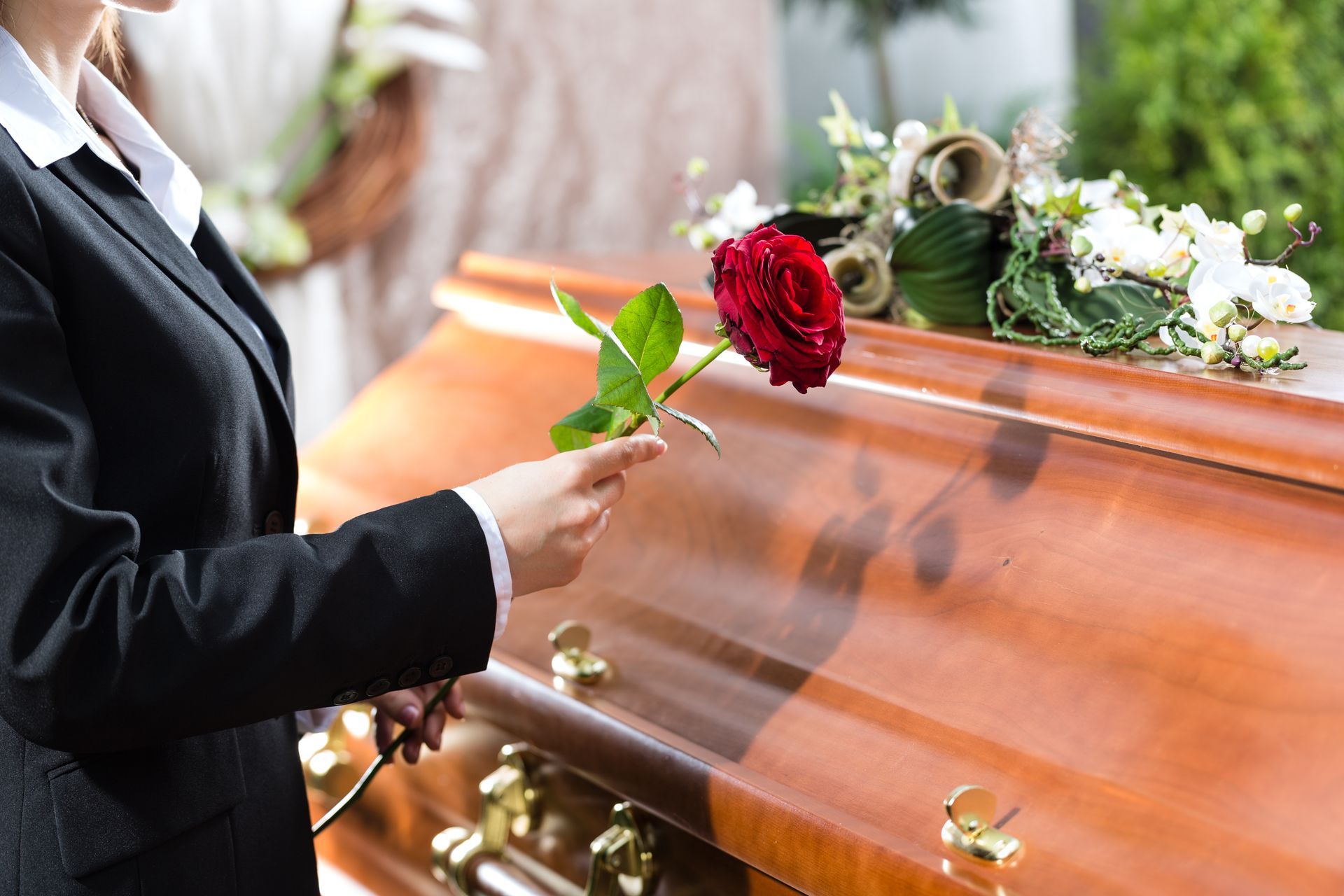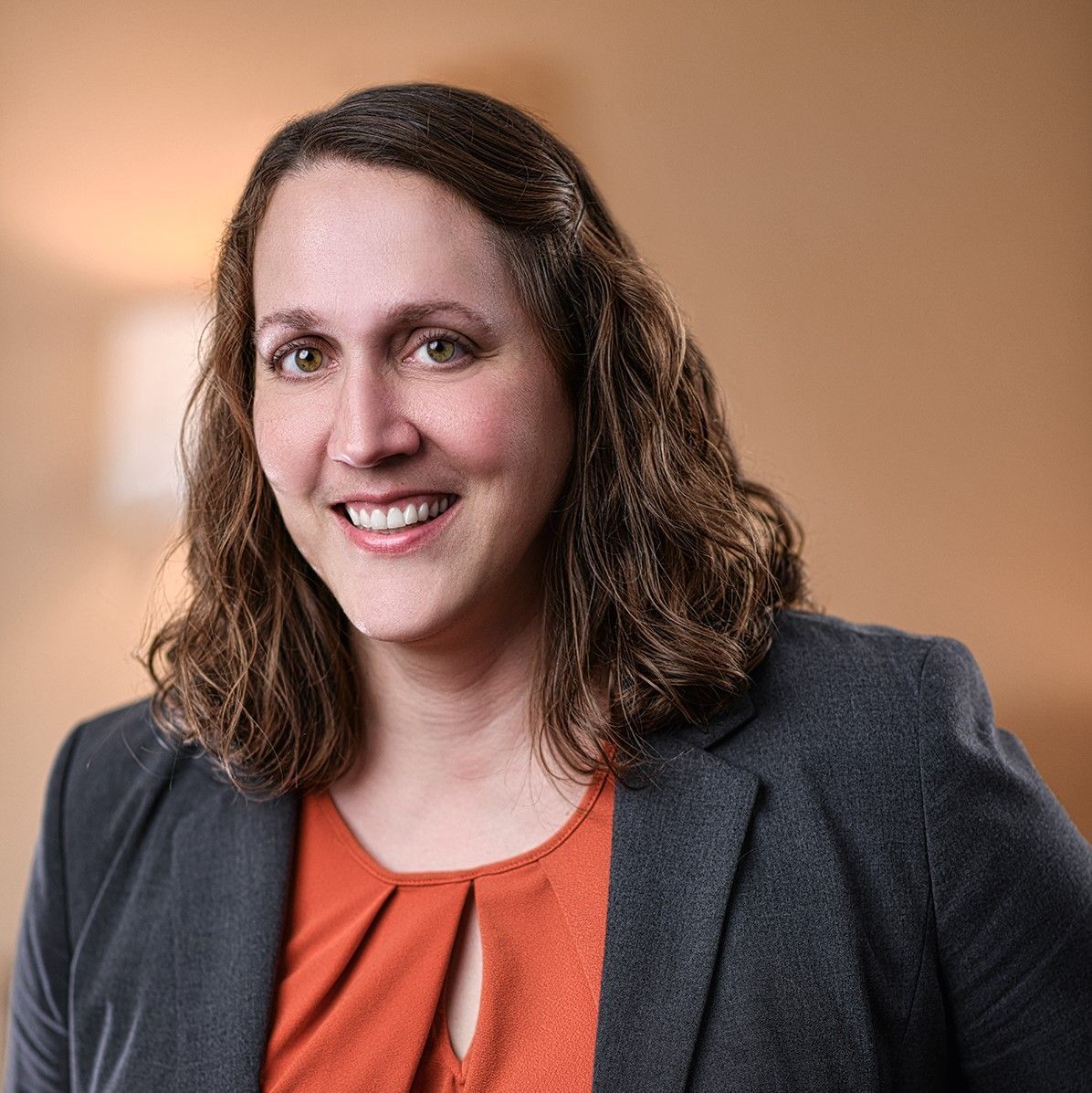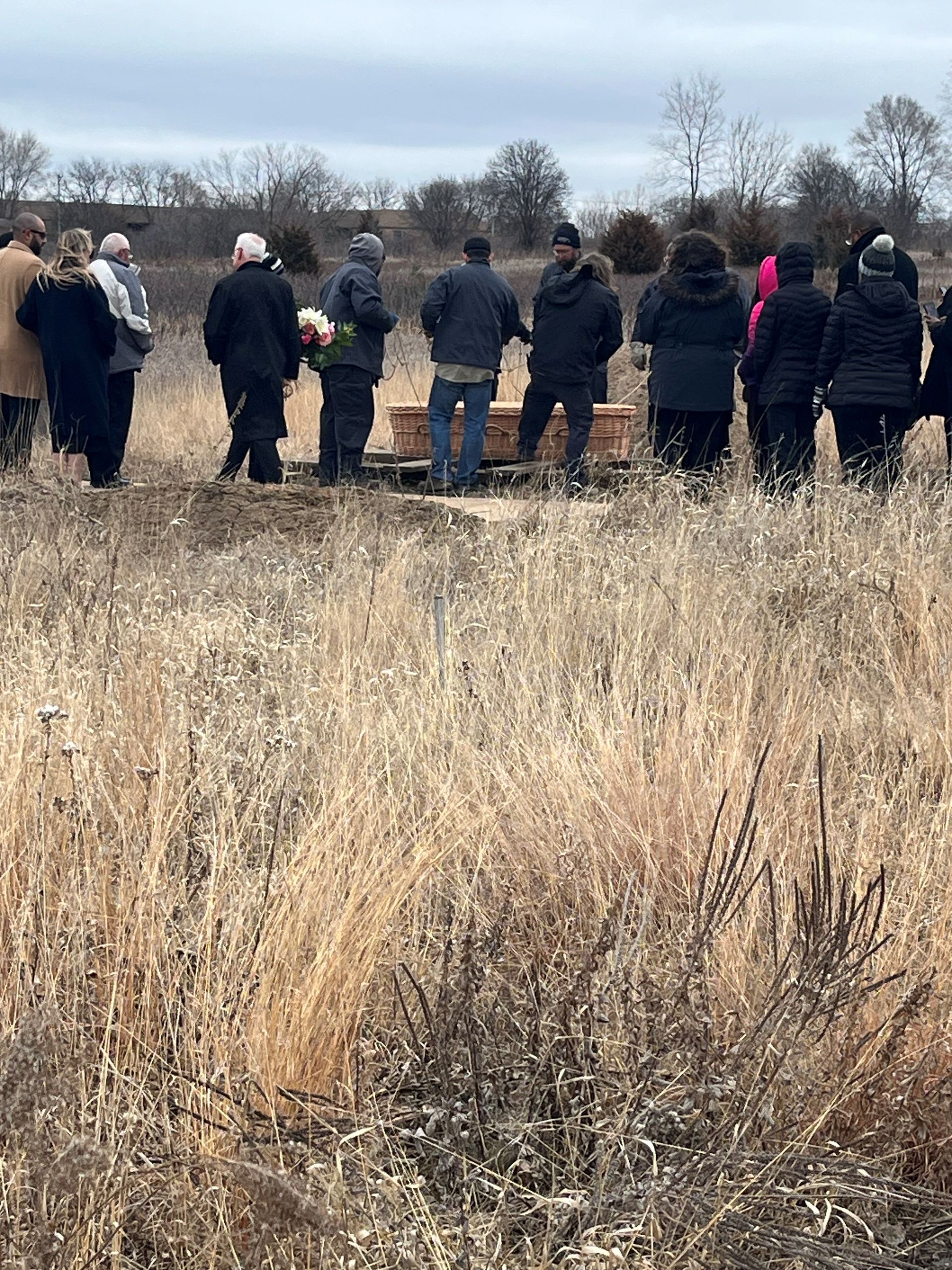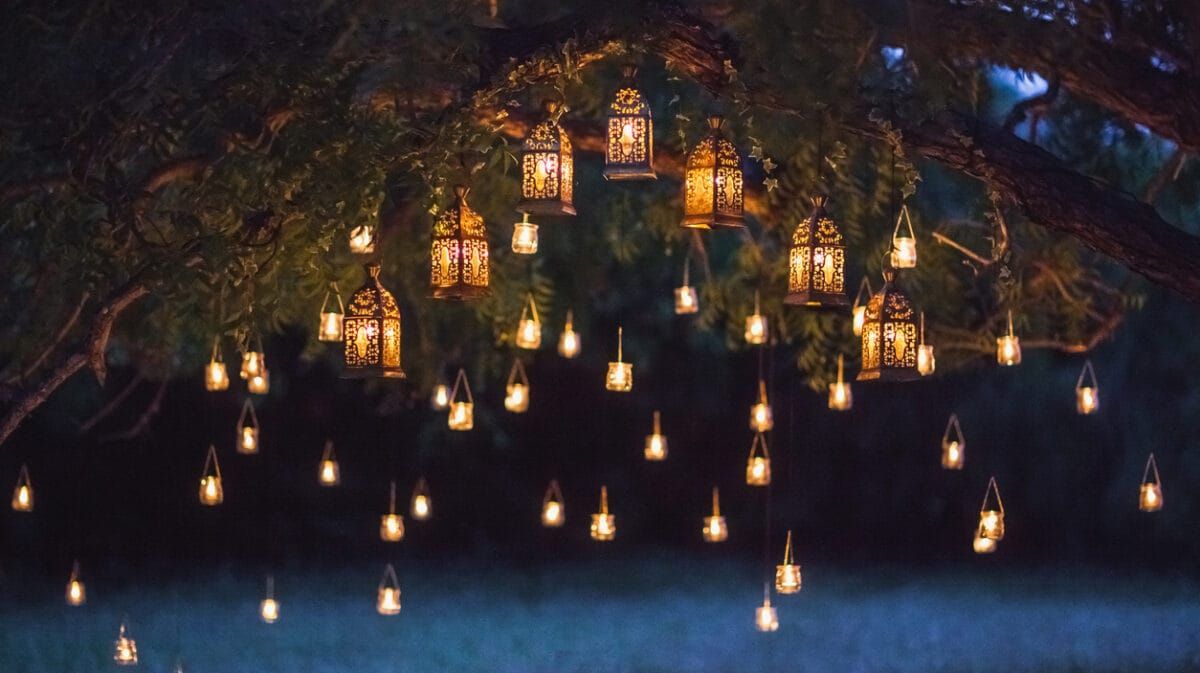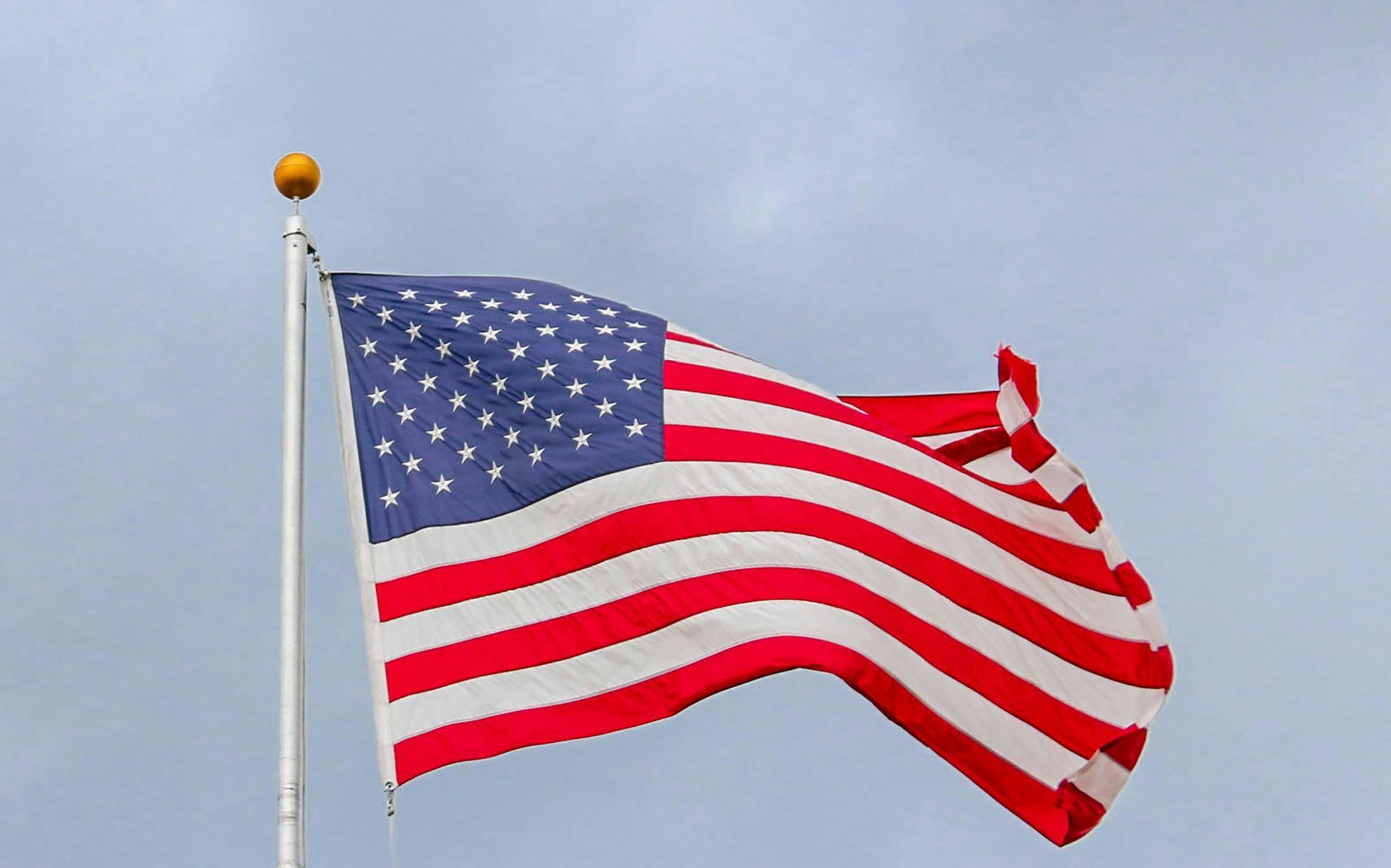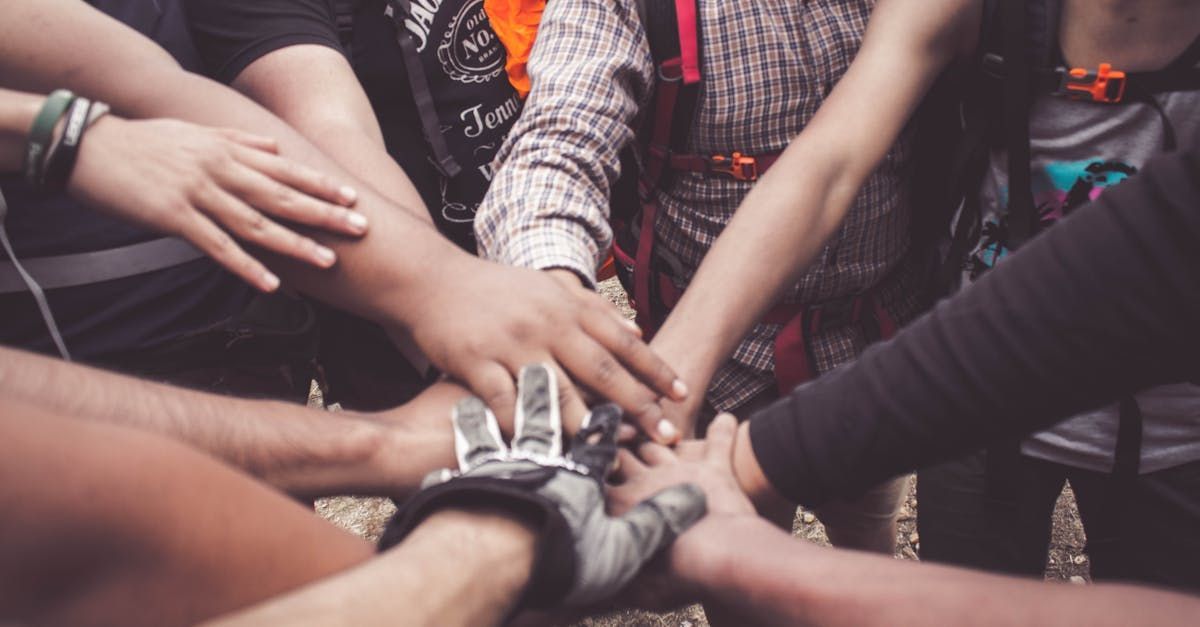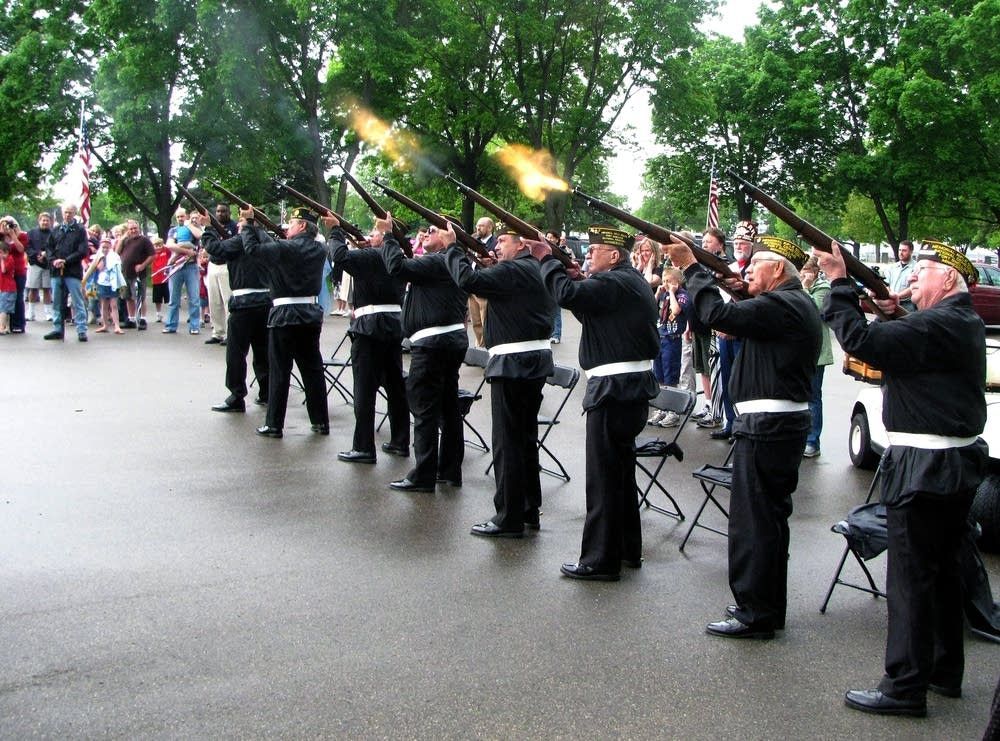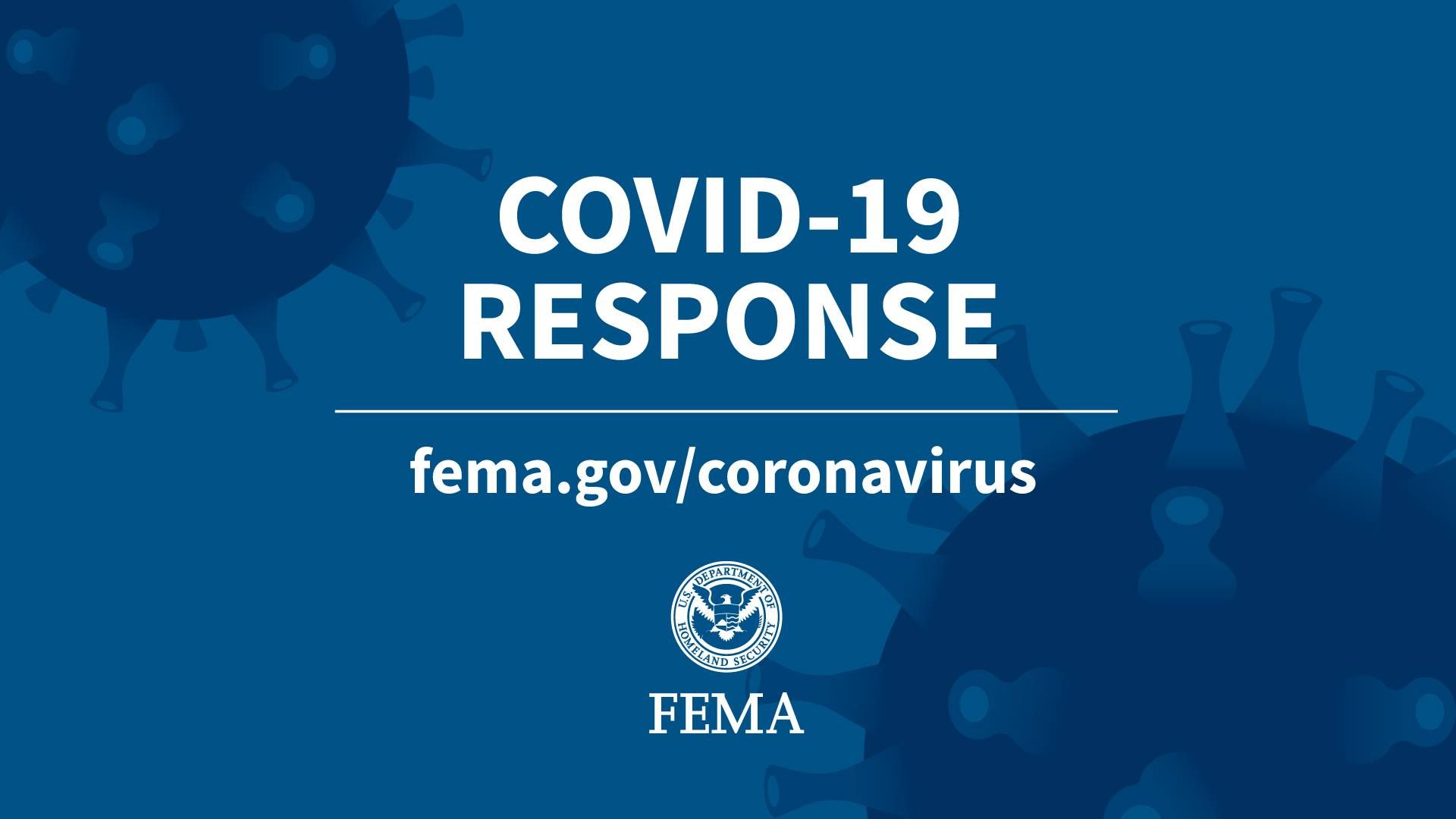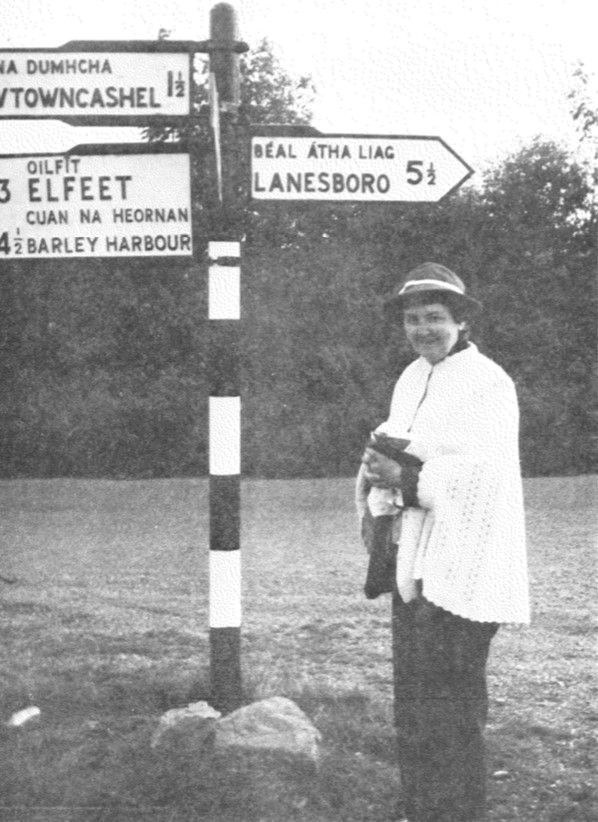New Paragraph
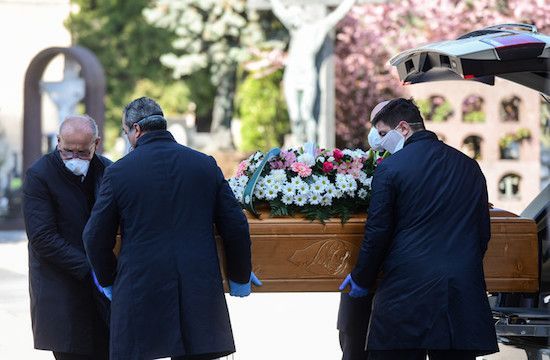
Funeral Directors wearing face masks unload a coffin out of a hearse on March 16, 2020 at the Monumental cemetery of Bergamo, Lombardy
(Photo by Piero Cruciatti / AFP)
Easter 2020 will go down as the most unusual one in U. S. history. It marks the first time in 243 years as a nation that there were no formal indoor church services. A remarkable side effect of the stay at home orders across the land.
For people of faith, the options were to participate in church Easter services online from home. Others opted to watch movies and videos of the Passion and life of Jesus Christ. One truly iconic film is “The Greatest Story Ever Told.”
For the past three Sunday editions of the Minneapolis StarTribune, the obituary pages have carried approximately 180-190 paid notices. The vast majority of them have a statement that reads something like this; “Due to the Covid-19 pandemic, a celebration or memorial will be held when safe to do so.” I don’t feel it would be an exaggeration to say that there are at least 300 to 400 delayed services waiting for this crisis to pass. The backlog grows every day.
Some families have opted to have small services with 10 present to fit the state and CDC guidelines on gatherings. Some services are being streamed online on either church or funeral home websites. Families wishing to honor loved ones burial requests have followed the small attendance guidelines in order to accomplish church services and burial in the required number of days. Others have buried or cremated and delayed rituals to give the largest number of people possible the opportunity to participate.
I have had conversations with a number of colleagues from funeral homes in the Twin Cities and across the state. After each uttered statements of being in unchartered waters with the COVID-19 crisis, each one has struggled with mapping a strategy of how we are going to accommodate all the requests for times and venue space when social distancing measures are lifted. Without prompting, each expressed their greatest fear and uncertainty: how many people would neglect to have any gathering or memorial at all. I asked each colleague to guess a percentage of ones who would forgo any remembrances, the lowest saying 40%, and the highest saying 60%.
In the first decades of my career not having services held for the public within three days or so of a person’s passing would have led to rebellion on the streets. The strong-willed pastors of the ‘50’s and 60’s, regardless of denomination, would have been on the steps of the capitol crying out for compassion to bury the beloved dead.
The cremation rate in Minnesota hovers somewhere in the low 60% range and prior to the pandemic it was not uncommon for some people to delay memorial services because cremation gave them the latitude to do so. The numbers the mandates have created are a different story altogether.
Every life needs to be commemorated. In some manner, whether under a shelter in a city park or the dome of a great cathedral. The stories that are told are of great comfort to the ones who need to hear them the most. It is a natural reaction to turn inward when suffering a loss. One of the most important things a funeral accomplishes is to turn the ones grieving back into society. Funerals, memorials or celebrations have many tasks to be completed shortly after experiencing a loss. Arrangements with funeral directors, clergy, cemeteries, caterers, florists are all interactions that allow the grieving process to begin. None of those things are happening now. Families will relay stories that when they entered the florist’s shop, the lady who works behind the counter would tell them that their mother sent flowers year after year to a neighbor who had lost a child many years before. Often times the survivors never knew, and they are the interactions that give the most comfort.
At my own father’s wake, I stood at the door and greeted many people, most I could call by name. They were the closest to him, to our family and to his lifelong profession. I was stumped by one man I had never laid eyes on before. He told me that he lost a young daughter in the early 1970’s right after my dad started here and before I was a part of the company. He told me that had it not been for Bob’s kindness and compassion, he doesn’t think he would have made it through the process of burying his child. He didn’t say his name, he quickly went into the room to say a prayer and was gone. His interaction with my father over 40 years prior. Of all the notes, letters and spoken kind words, it is without a doubt the thing I remember the most about that day.
I have great compassion for the families who are experiencing a loss during this pandemic, whether the COVID is a part of the cause of death or not. Our normal world goes way too fast. In a world that has been greatly slowed by stay at home orders that have cleared the streets, one of the processes that would benefit the most from the slower pace is the letting go of ones we love. Instead of taking time to interact with neighbors, friends and more distant relatives, current survivors are limited to 10 people holding their hand with the hope that others will remember, pause and reflect when our world revs up and once again goes way too fast. One hundred eighty times each recent Sunday have been the outlines in printed form about “The Greatest Stories Hopefully Told.” When the pandemic has passed, a great tragedy may be that those stories became the victims of “social distancing”.

